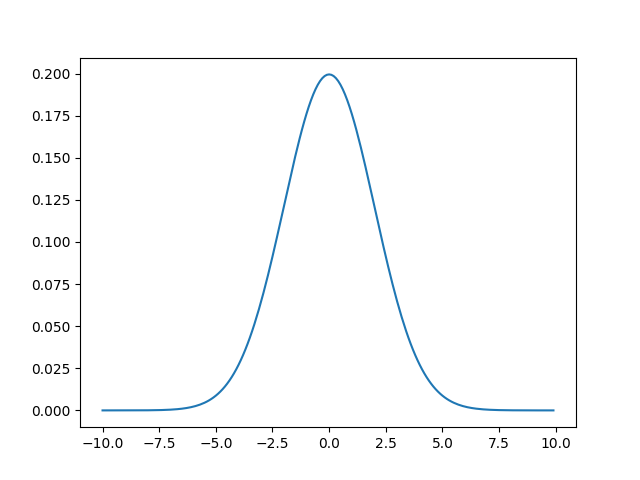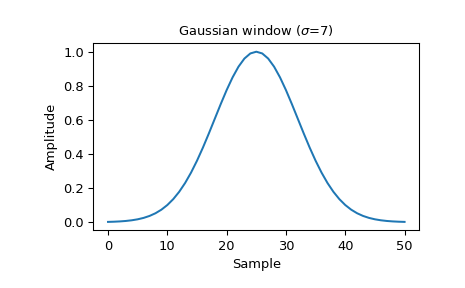

The given range 6.8 to 9.2 is within 1 standard deviation of the mean, so the probability battery life will lie in this range is 0.68. Using the standard deviation rule, what is the probability that a randomly chosen battery will last between 6.8 and 9.2 hours?Ĭorrect. Suppose that battery life is a normal random variable with μ = 8 and σ = 1.2.

The following histogram displays the distribution of battery life (in hours) for a certain battery model used in cell phones: This means that the time we are looking for is 1.55 * SD below the mean, and therefore is 141 − 1.55 * SD = 141 − 1.55 * 7 = 130.15, or 130 seconds. The z-score with a probability greater than and closest to 0.06 (which is 0.0606) is −1.55. We need to find the time such that the probability of getting a score less than it is 0.06. In order to be given a scholarship, a swimmer must complete the 200-meter backstroke in no more than how many seconds? Give your answer in whole numbers. Suppose the fastest 6% of female swimmers in the nation are offered college scholarships. Suppose the time to complete a 200-meter backstroke swim for female competitive swimmers is normally distributed with a mean μ = 141 seconds and a standard deviation σ = 7 seconds. A z-score of −1.64 means that the actual time is 1.64 standard deviations below the mean, and therefore the time we are looking for is mean −1.64 * SD = 141 − 1.64 * 7 = 129.52 or 129.5. What is the completion time for the 200-meter backstroke for a female with a z-score of −1.64? (Round answer to 1 decimal place.)Ĭorrect. Looking up this z-score on the standard normal cumulative probability table gives us 0.0314. Let X represent the completion time for a 200-meter backstroke. What proportion of competitive female swimmers will qualify for the Nationals? Give your answer to four (4) decimal places. Suppose that to qualify for the Nationals, a woman must complete the 200-meter backstroke in less than 128 seconds. TERMS IN THIS SET (16) Suppose the time to complete a 200-meter backstroke swim for female competitive swimmers is normally distributed with a mean μ = 141 seconds and a standard deviation σ = 7 seconds.


 0 kommentar(er)
0 kommentar(er)
